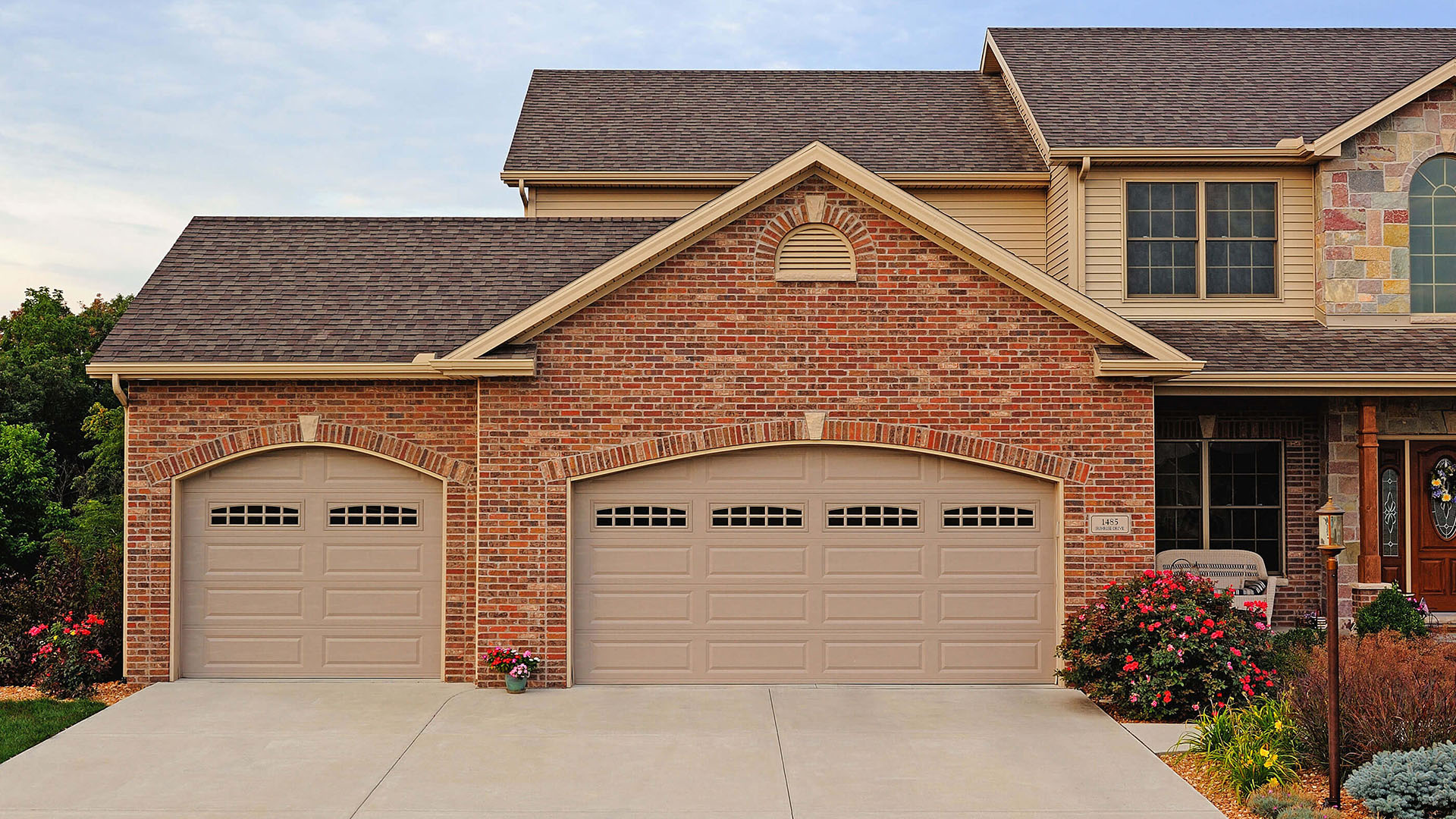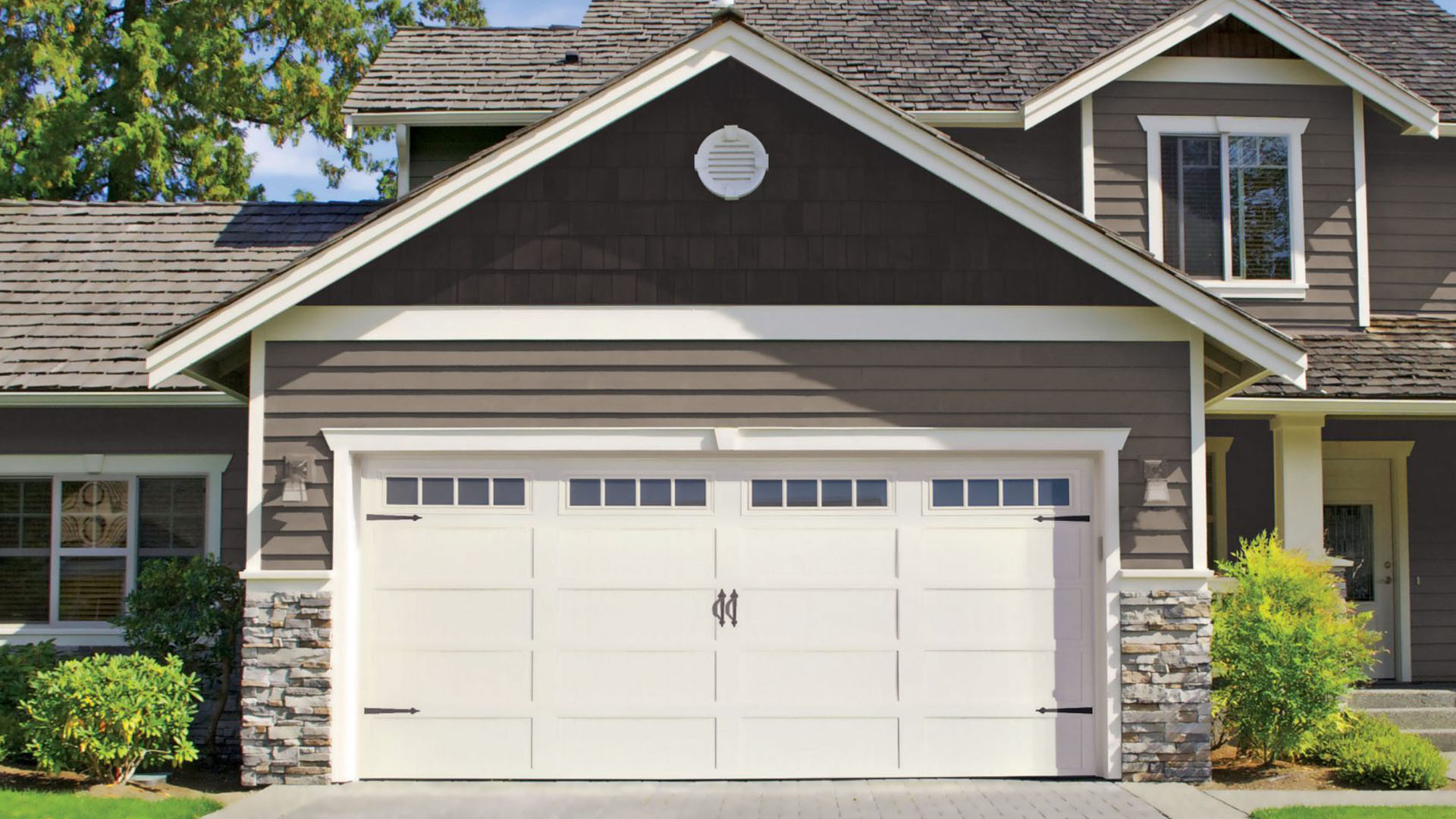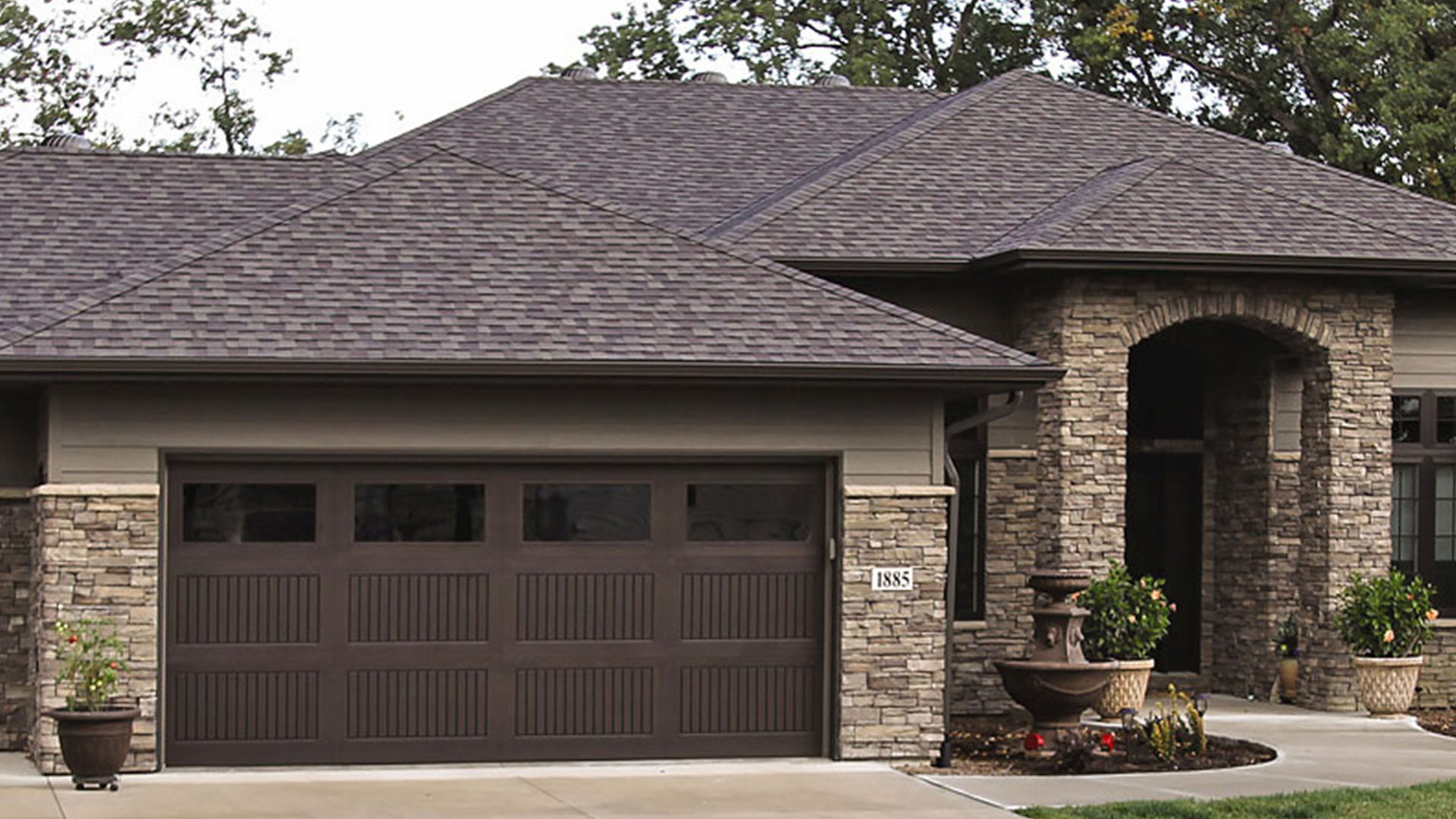
Will A Garage Door Still Work With A Broken Spring?
Introduction
Garage doors are an essential part of our homes, serving not just as a point of entry but also providing security and protection for our vehicles and belongings. However, like all mechanical systems, they can encounter issues, one of the most common being a broken spring. The question arises: Garage Door Dilemmas: Is Your Door Functional with a Broken Spring? Understanding the implications of a broken spring is crucial for both safety and functionality. In this article, we’ll delve deep into what happens when your garage door spring breaks, how it affects your door's performance, and what you can do to remedy the situation.

Understanding Garage Door Springs
What Are Garage Door Springs?
Garage door springs are vital components that assist in lifting and lowering the door. They counterbalance the weight of the door, making it easier to open and close. There are two main types: torsion springs and extension springs. Torsion springs are mounted above the door, while extension springs are found on either side.
How Do Garage Door Springs Work?
When you press the button on your garage door opener, the motor engages. This motor then uses power to unwind the torsion spring or stretch the extension spring, allowing the door to move up or down smoothly. Without functioning springs, your garage door could become downright impossible to operate.
Why Do Springs Break?
Springs can break due to various reasons including wear and tear from regular use, corrosion from moisture in the air, or even extreme temperature changes that affect their material properties. Regular maintenance can help extend their lifespan.
Garage Door Dilemmas: Is Your Door Functional with a Broken Spring?
A broken spring doesn’t just mean your garage door won’t open; it poses several other dilemmas as well. When one spring is broken, your garage door may become unbalanced which can lead to further damage over time.
Signs Your Spring Might Be Broken
Can You Still Use Your Garage Door?
Short Term Usage
In some cases, homeowners might attempt to use their garage doors with a broken spring temporarily. It’s important to understand that this can be extremely dangerous! The lack of proper tension means that you may struggle to control its movement.
Long Term Implications
Using a faulty garage door over time can lead to additional complications such as damage to hinges or rollers which will require costly repairs or replacements later on.
Impact on Other Components
Damage Control
If you continue using a malfunctioning garage door system, expect potential damage elsewhere:
- Hinges: Constant strain may cause hinges to bend or break.
- Rollers: Misalignment from an unbalanced system wears out rollers sooner than expected.
- Opener Motor: An overworked motor will likely fail prematurely if it's constantly straining against an unbalanced load.
Broken Spring Replacement Services
When faced with a broken spring dilemma, seeking professional help is often necessary. Professional services ensure safety and proper installation.
How Professional Services Help
DIY vs Professional Help
Pros of DIY
- Cost Savings: You won’t spend money on labor costs.
- Learning Experience: You'll gain knowledge about how your system works.
Cons of DIY
- Safety Risks: Working with high-tension springs is dangerous without experience.
- Potential Mistakes: Incorrect installations can lead to more costly repairs later.
Preventative Measures
Keeping your garage doors in optimal shape requires some preventive measures:
Regular Inspections
Check springs for signs of wear periodically—this includes looking for gaps or rust spots that indicate deterioration.

Lubrication
Regularly lubricating moving parts helps reduce friction which prolongs their lifespan significantly!
Choosing Replacement Springs
Types of Springs Available
When considering replacement options:
Each comes with its advantages based on specific needs like size and weight requirements.

Material Choices
Springs can be made from different materials including standard steel or galvanized steel for enhanced durability against rusting.
Cost Considerations for Spring Replacement
When planning for repairs:
| Type of Service | Estimated Cost | |------------------|----------------| | DIY Parts (Torsion) | $30-$50 | | Professional (Torsion)| $200-$300 | | Extension (DIY) | $20-$40 | | Extension (Professional)| $150-$250 |
Note: Prices vary based on location and service complexity.
Frequently Asked Questions (FAQs)
1. How do I know if my spring is broken?
You’ll notice signs like difficulty opening/closing your door or uneven height when fully closed.
2. Can I replace a spring by myself?
While it's possible, it's highly risky due to tension involved—consider hiring professionals instead!
3. How much does it cost typically?
Costs range quite widely depending on whether you choose DIY methods or opt for professional services—expect anywhere from $20 up into hundreds depending upon type & labor!
4. What happens if I ignore a broken spring?
Ignoring it could result in further damage leading up additional repair costs—not ideal!
5. Are there warranties available after replacement?
Most reputable companies provide warranties covering parts & Helpful resources labor—always ask before proceeding!
6. How long do springs last typically?
With regular maintenance & usage patterns considered; most last about 7-9 years under normal conditions before needing replacements!
Conclusion
So there you have it! Understanding Garage Door Dilemmas: Is Your Door Functional with a Broken Spring? is crucial not just for maintaining convenience but also ensuring safety around your home environment! From recognizing early warning signs through implementing preventative measures—you’re now equipped with valuable knowledge regarding how best manage those pesky problems should they arise! Remember—when in doubt always consult professionals who specialize in broken spring replacement services! After all—it’s better safe than sorry!